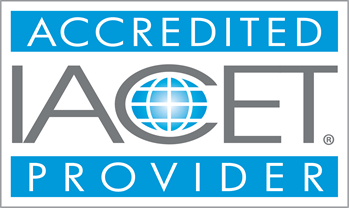Price: $19.99
Confined Space Shipyard Competent Person
This course applies to work in confined and enclosed spaces and other dangerous atmospheres in shipyard employment, including vessels, vessel sections, and on land-side operations regardless of geographic location.
Course Modules - (17)
Learning Outcomes:
- Understanding Your Role as a Shipyard Competent Person A shipyard competent person (SCP) ensures safe working conditions at shipyards by determining whether a space is safe for workers to enter or perform hot work.
- To assist employers and employees in developing effective safety and health programs.
- Reducing exposure to hazardous substances, implementing ergonomic solutions and improving site conditions.
- Protecting the well-being of workers and supporting the long-term operational efficiency of the industry.
Completion Requirements:
- 100% appearance for the course
- Fully involvement in all class trainings (determined by instructor)
- Completion of Continuing Education and Training Registration Form
- Completion of mandatory quiz assessments
- As applicable, attainment of least passing score on required end-of-course examination
- Participation and submittal of end-of-course assessment form (must provide name on form to obtain credit)


